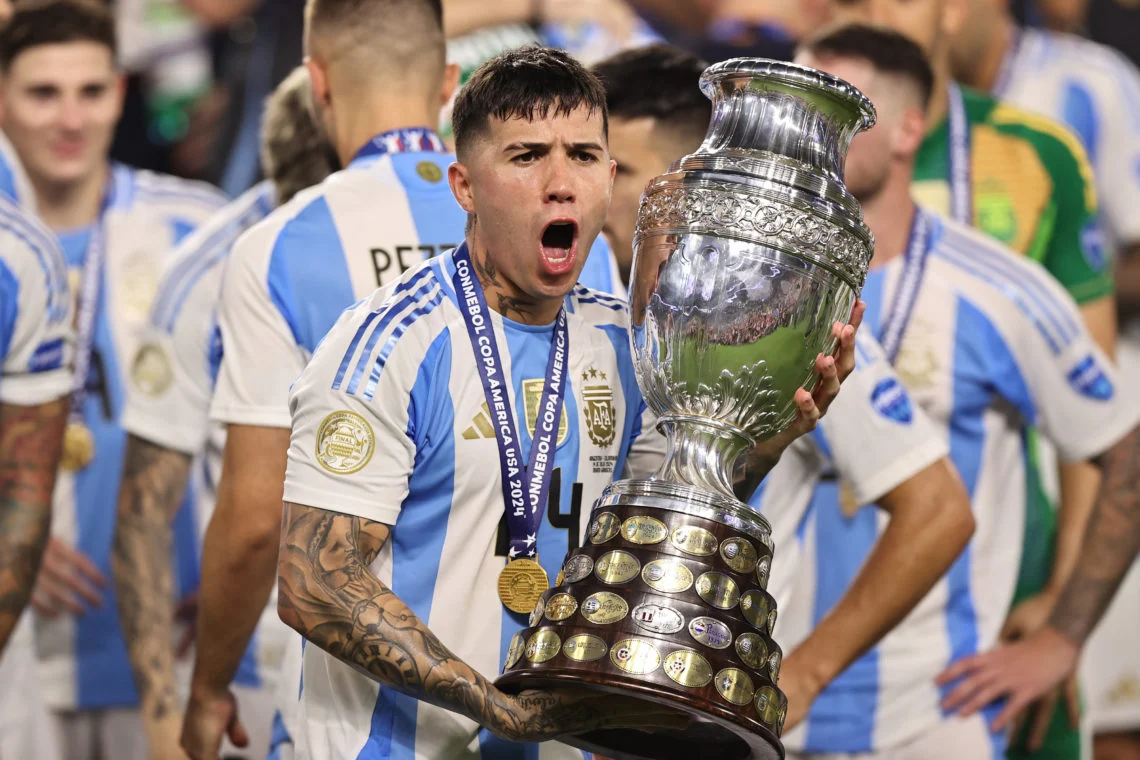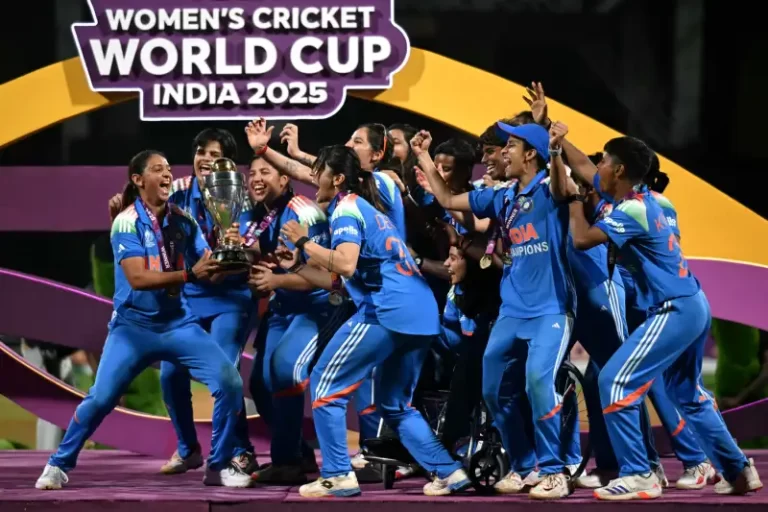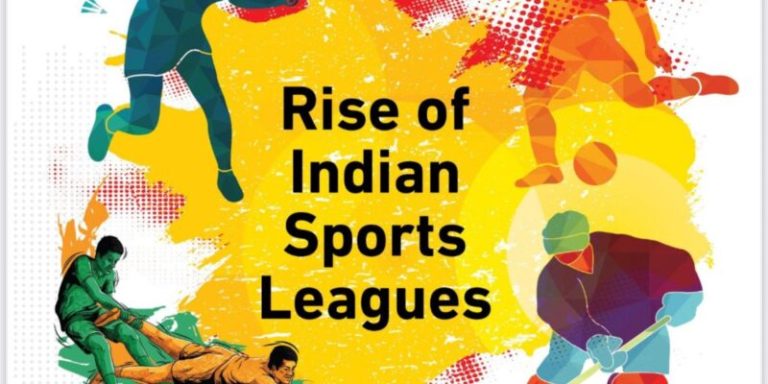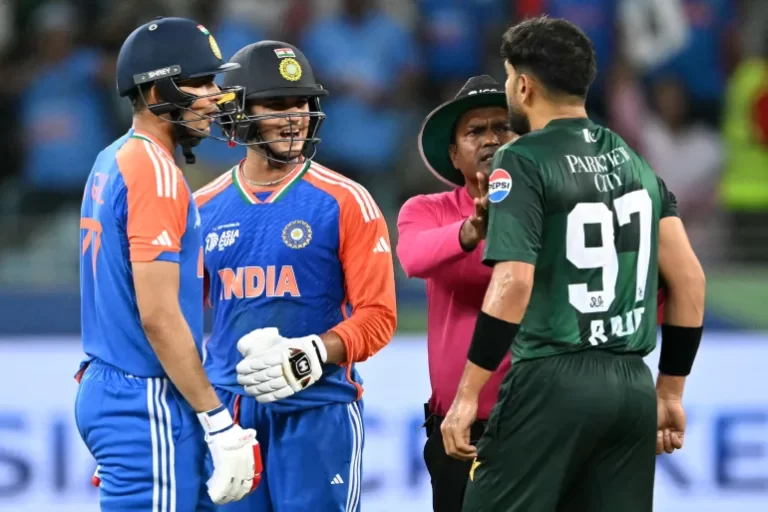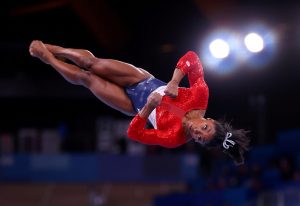The win of Argentina in Copa América in 2024 was a moment of frenzy all across the country. The greatest footballer in the world finally won a senior title for his nation—Lionel Messi. Jubilant celebrations erupted all across Argentina. However, the celebration was somewhat marred because of a social media status from midfielder Enzo Fernández with “offensive” chants aimed at France.
Much disbelief and anger followed on the heels of its publication, forcing Fernández to render a public apology. In its place, the incident brings up all the complexity of football fandom and fighting against discrimination.
Fernández had explained an Instagram story in which he was singing a racist chant with teammates from his club, River Plate, against France, focusing on those with African heritage. France came out roundly to condemn the chants and filed a complaint with FIFA. As the video went viral, Fernández was now at the eye of the storm.
Some context is needed to understand these “offensive” chants. A lot of sporting rivalry – sometimes bordering on intense – exists between Argentina and France, more so in football.
However, the songs that Fernández and his teammates sang went a step higher from healthy competition into the discriminatory zone. The language that was targeted was not about nationalism but race and ethnicity, which is quite against sporting ethics.

To his credit, Fernández reacted quickly. He admitted the chants were offensive and wrote a sincere apology on his Instagram story: “There is absolutely no excuse for these words. I stand against all forms of discrimination, and I apologize to have gotten caught up in the euphoria of our Copa América celebrations. That video, that moment, those words do not reflect my beliefs or my character. I stand really sorry.”
An apology by Fernández was necessary in that it conferred regret and commitment to inclusivity. However, this incident opened up important discourses on the reality of discriminatory chants in the football culture. These chants are not characteristic of Argentina or France; they reflect a global challenge.
How, then, can we eradicate “offensive” chants from the beautiful game? Well, there’s no easy answer.
Education is one such avenue. Football clubs and federations can play a very important role in educating young fans concerning respect and inclusivity. Fan education underlines that one should be able to celebrate football without having to resort to using derogatory language.
Also, social media platforms have a role to play. The platforms build stricter policies in the identification and removal of offensive content while working with clubs and federations to positively message.
Finally, the actions of players count. Big players, like Lionel Messi, or any other old men of Argentina, could work wonders in condemning these discourses and promoting respect in general.
The Enzo Fernández incident shows just how much football still has to do in its fight against discrimination. In contrast, however, it is a big opportunity for positive change.
From these kinds of cultural changes, where respect and inclusivity are being instilled, through football, the so-called beautiful game will really live up to that title—a game able to unite people across borders, races, and ethnicities.
The Enzo Fernández case is one of the “offensive” chants that will make us learn and grow. Fans, players, clubs, federations, and social media platforms can work to create a more inclusive environment for everyone who loves football.

